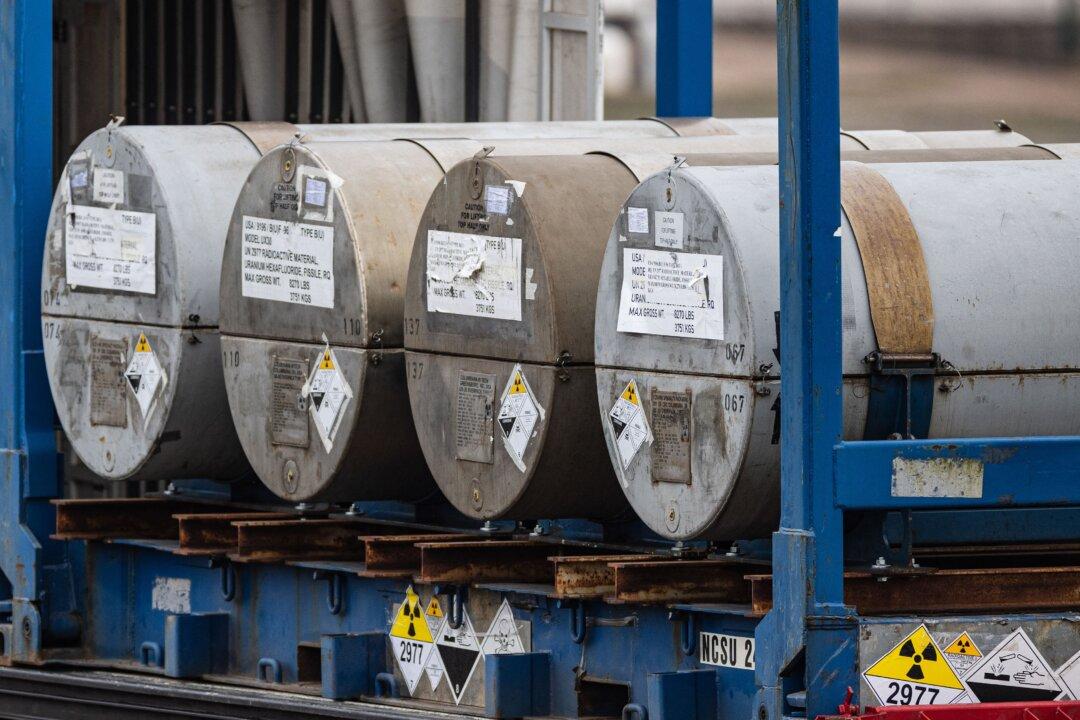The Department of the Interior (DOI) has approved the Velvet-Wood uranium and vanadium mine in San Juan County, Utah, through an expedited environmental review in a bid to “strengthen U.S. mineral security,” the agency said in a May 23 statement.
“This approval marks a turning point in how we secure America’s mineral future,” Secretary of the Interior Doug Burgum said.





